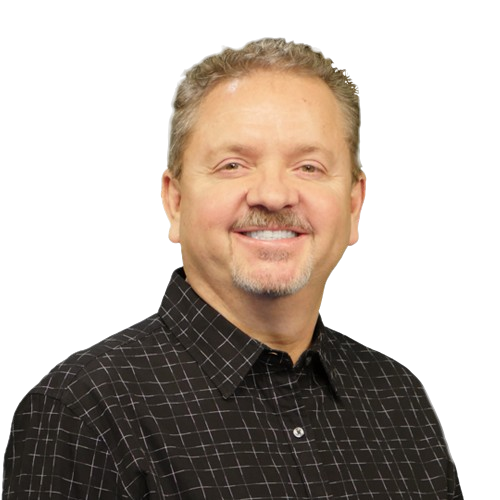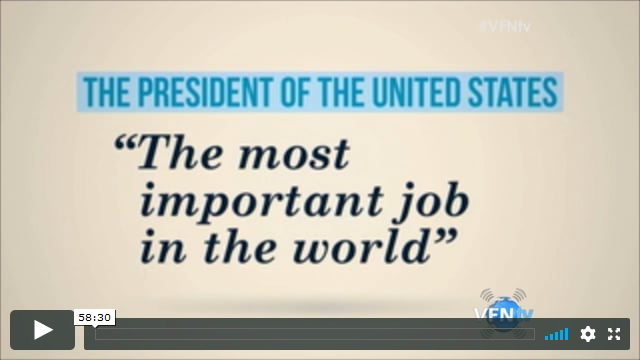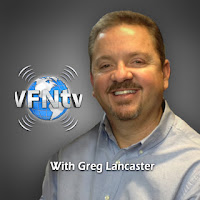815
What is the True Power of the Presidency? Understanding the Electoral College
As the final days of this Presidential Election is now only days away, the importance of understanding the power of this moment couldn’t be understated. There are many topics and subjects that are being talked about and discussed, but an important truth to remember, is the very essence of the power that is wielded by the one who will be eventually elected to the office of the Commander in Chief. Some may not know the actual details of the power that is available to the President of the United States. History.com reveals some of the power that is held in this position.
At the onset, some may understand the obvious; residing in the White House, and overseeing America’s population of over 300 million, but it is much more in depth. The President not only oversees the five different branches of the military, but also “decides where troops are stationed, where ships are sent, and how weapons will be used.” Additionally, there are over 1 million active troops, and another 1 million troops in reserve status that respond to the commands of the President. On an international level, “The U.S. gives nearly $50 billion in foreign aid to more than 180 countries around the world.”Not exactly your everyday 9-5 job. The question though is how exactly one gets the position of the President of the United States?
Some may assume that voting is strictly based on the numbers and that majority rules. But what about the states that have larger populations versus those with much smaller ones? This is exactly what America’s founders were concerned about and specifically addressed in the U.S. Constitution. This takes us to the understanding of the Electoral College. Prager University does an outstanding job making clear what some may not already know. “The President and Vice President of the United States are not chosen by a nationwide, popular vote of the American people; rather, they are chosen by 538 electors”. There are two Senators for every state, regardless of the population within the state, and there are a certain number of representatives based on the size of the state.
Looking more specifically at the Electoral College, its broken down into two phases: the 51 popular elections that are held in each state and D.C., and the second phase is between the 538 electors. The first is in November, and the second, in December. As Prager University shares, “the system encourages coalition-building and national campaigning.” That way, a Presidential Candidate cannot focus on just one state, they must be mindful of every state. Most importantly, “…it protects against the tyranny of the majority…”
With a general overview of just how important the role of the President is we can see more and more just how important voting is. Some have said that the President of the United States is the most important job in the world, but in reality, voting is the most important job in the world because you get to decide who will be the one that gets to delegate and control all of this power. Be deeply informed about the role of the President, encouraged in your responsibility to vote, and so much more. Also shared in this segment: Presidential races, the Constitution, Executive, Legislative, Judicial, government, voting, and freedoms. Greg shared in this segment.
Your Vote is not a Right, it’s a Responsibility
As the final days of this Presidential Election is now only days away, the importance of understanding the power of this moment couldn’t be understated. There are many topics and subjects that are being talked about and discussed, but an important truth to remember, is the very essence of the power that is wielded by the one who will be eventually elected to the office of the Commander in Chief. Some may not know the real details of the power that is available to the President of the United States. History.com reveals just some of the power that is held in this position.
At the onset, some may understand the obvious; residing in the White House, and overseeing America’s population of over 300 million, but it is much more in depth. The President not only oversees the five different branches of the military, but also “decides where troops are stationed, where ships are sent, and how weapons will be used.” Additionally, there are over 1 million active troops, and another 1 million troops in reserve status that respond to the commands of the President. On an international level, “The U.S. gives nearly $50 billion in foreign aid to more than 180 countries around the world.” Not exactly your everyday 9-5 job. The question though is how exactly one gets the position of the President of the United States?
Some may assume that voting is strictly based on the numbers and that majority rules. But what about the states that have larger populations versus those with much smaller ones? This is exactly what America’s founders were concerned about and specifically addressed in the U.S. Constitution. This takes us to the understanding of the Electoral College. Prager University does an outstanding job making clear what some may not already know. “The President and Vice President of the United States are not chosen by a nationwide, popular vote of the American people; rather, they are chosen by 538 electors”. There are two Senators for every state, regardless of the population within the state, and there are a certain number of representatives based on the size of the state.
By beginning to understand the very process that it takes to become President and the power that the President has, we can begin to see and understand that voting is not a right, it is an important responsibility. In fact, this is the topic of discussion Kenneth Copeland, Pastor George Pearsons, Bishop Keith Butler and David Barton focus upon.
When looking to decide who will take control of the office of the President, it is important that we have a Biblical understanding of the role of government. When some scriptures are referenced, some would perceive that it is the government’s responsibility to take care of the poor. But, as David Barton points out, that is not the case. “The only thing the government is to do with the poor is take care of civil process. Everything about meeting their material needs goes to the Church and to the individual” How important is it for us to see these responsibilities as ours and not the government’s when Jesus is not looking to the government to carry out these responsibilities, He is looking to the Church.
How can we, as the Church, begin to understand the importance of these issues if we are not talking about it? God is going to hold us accountable for the decisions that we make and especially the decisions that we don’t make. We did not choose whether to have the responsibility to vote, it was given to us when God allowed us to be born in America. Now, the question is, what will we do with this responsibility? The only reason we don’t understand the importance of this responsibility is because it is simply not being taught.
David Barton points out this important truth, “The Great Commission, Jesus didn’t say make converts, He said make disciples of all men and teach them everything I’ve taught you…” He elaborates even further on this point, “Frankly, I’m a Christian. I don’t need to get saved 52 Sundays a year. I’m a Christian. I need something to do on Monday when I get to McDonalds, or Tuesday when I’m at Home Depot…” These are the very truths that we must understand. In order to make decisions about who our future leaders will be, it is imperative that we understand the values of God by first becoming His disciple AND spending time with Him.
When we understand the implications of these responsibilities, we begin to see them in an entirely new light, possibly even compelled to do something about it and be the answer that we desire to see. This is exactly what happened to Capt. Clay Higgins. As CBN News reports, Captain Higgins previously served “as a street cop and public information officer for the St. Landry Parish Sheriff’s office in Louisiana.” Through his intensive hard work and work ethic, paired with his unique social media platform, he saw a “consistent solve rate almost double the national average.” Unfortunately, because of a difference of opinion between Capt. Higgins and his commanding Sheriff, Capt. Higgins decided to resign from his position. Unbeknownst to him, his fellow citizens rallied behind him and urged him to run for office. Now he is running for a seat in the U.S. House of Representatives.
Be encouraged as you begin to see the responsibility of voting from a Biblical perspective, as well as the understanding of public service, the full story of Captain Clay Higgins, and so much more. Also shared in this segment: candidates, values, electoral college, branches of service, persecution, parishes, congregations, political parties, education, law enforcement, criminals, YouTube, and civil service. Greg and Steve shared in this segment.
VFNRP M1O2U3N4T5 G1O2V3E4R5N6 R1E2L3I4G5I6O7N8 C1I2V3I4L5 A1B2I3D4E5 C1H2U3R4C5H6 A1M2E3R4I5C6A7 C1O2N3S4T5I6T7U8T9I0ON V1F2N3P4R5O6G7R8A9M0





